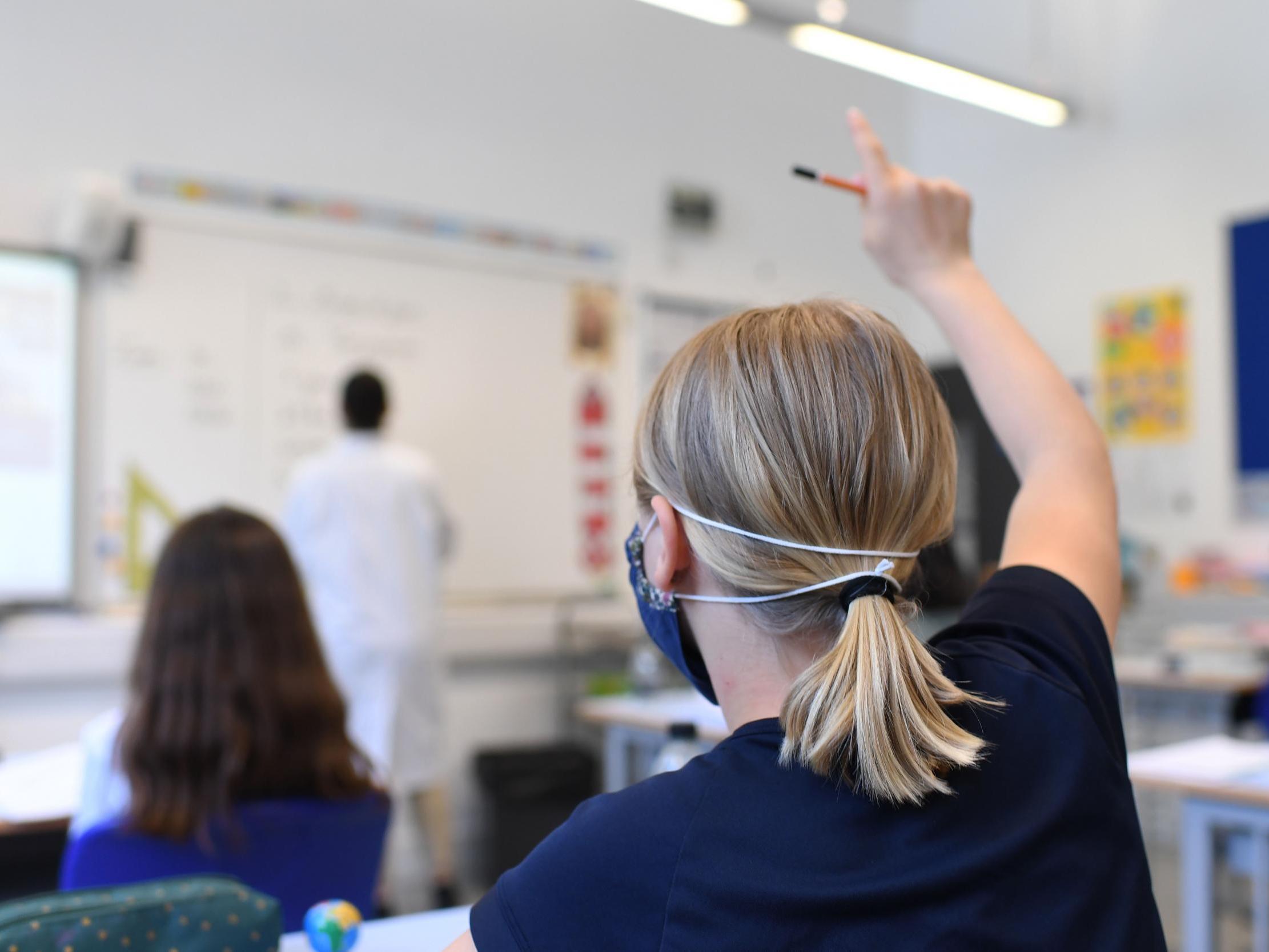Schools are failing to teach children the financial knowledge they need to succeed – it’s time for an overhaul
A basic grasp of economics is the most powerful knowledge of all, but the education system is so steeped in neoliberal values that its setting up our young people to fail, writes Sean Smith


Why are schools so concerned with the underachievement of disadvantaged pupils, yet so silent on the carefully cultivated neoliberalism that engineers wealth inequality in the first place? And in a crisis when central banks print money to shore up asset prices, stock markets surge – just as unemployment skyrockets, this extraordinary divergence between the financialised and real economies goes almost unnoticed.
A financialised economy looks after its own interests first because it can count on the public’s economic illiteracy in a national emergency. But a basic grasp of economics is the most powerful knowledge of all and unless it’s built into a new curriculum, future historians will question the unconscious complicity of an education system that is setting up its children to fail.
It’s a neoliberal truth not sufficiently acknowledged that, if all children could afford to follow their parents’ financial advice to “live within their means”, society would flounder in the doldrums of deflationary recession forever; although thrift makes perfect sense for individuals, its wider social adoption would lead to economic flatlining on a North Korean scale.
Economic growth has always depended on the impetuosity of reckless consumer spending, but in an era of university tuition fees, steepling rents and crippling mortgages, personal debt is no longer a youthful choice – it’s an entry level requirement for financial citizenship.
When personal debt has become so normalised that not having a viable credit score is akin to not having a national insurance number, it’s time for the education system to acknowledge that the burden of economic growth is being disproportionately borne by those least likely to share in its benefits: the poor, the desperate and the school leavers.
Since the war, governments had routinely used the state education system as a social engineering instrument to create the workforce our economy needed. But that changed in the 1980s because a neoliberal economy is different: it depended on schools producing the next generation of consumers.
Why else were schools discharging a financially naïve generation of children into an economy where they had barely any access to minimum wage legislation, rent controls or meaningful employment rights, but unlimited access to credit cards, overdrafts and pay-day loans?
While our children pay off the buy-to-let mortgages of their middle-aged landlords or swell corporate balance sheets through their debt fuelled consumerism, the prospect of owning their own assets retreats into the distance. Economically, it was about as ethical and sustainable as eating our own young.

But the pandemic has changed all that. With levels of personal debt already at record levels, hoping that UK households can ride to the rescue and pull us out of this deflationary ditch isn’t so much backing the wrong horse as flogging a dead one.
This generation of political leaders was brought up to revere neoliberal economic forces as an immutable natural law that just so happened to serve the interests of the rich and powerful. But an economic model is unsustainably off balance if it places the burden of economic growth on its most vulnerable citizens.
Attempts to reflate the global economy and restore demand will require governments to restructure debt, reinstate fair taxation, and redistribute wealth while investing in public and private infrastructure. If we allow our political leaders to act as if a return to the “old abnormal” is desirable or even possible we don’t deserve a recovery that is anything other than pear-shaped.
When our continued prosperity is tied to the gullibility of a generation who have been hoodwinked by the ghost of social mobility, where does that leave us morally?
Perhaps in crisis there is an opportunity to press reset. When the schools restart, in the spirit of “powerful knowledge” it’s time to put basic economics at the heart of the curriculum. If not, future social historians will view it as a curious omission that casts us as enablers or co-conspirators in the continued financial exploitation of our children.
Sean Smith is a freelance journalist and retired vice principal.
Join our commenting forum
Join thought-provoking conversations, follow other Independent readers and see their replies
Comments
Bookmark popover
Removed from bookmarks